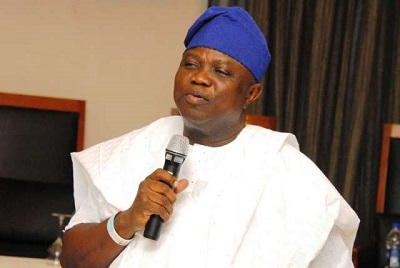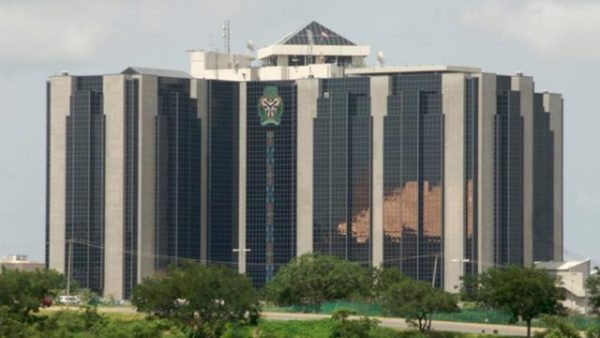Foreign reserves drop by $2.7bn in two months

The nation’s foreign exchange reserves tumbled by $2.68bn in less than two months to $31.79bn as of February 23, declining at a faster pace than what financial analysts had predicted, data obtained from the Central Bank of Nigeria last week showed.
The current stock of external reserves revealed a drop of about eight per cent from the balance of $34.47bn recorded on December 31, 2014.
Meanwhile, the naira crashed further last week as it closed at 201.84 against the United States’ dollar at the interbank market, where all demand for forex are now being channelled. The currency had closed at 200.80 last week
The CBN sold dollars to the Bureau de Change segment of the market at N200.98 last week, the President of the Association of Bureau de Change of Nigeria, Mr. Aminu Gwadabe, told our correspondent, adding that the street market rate was N225 to a dollar.
The bank had last week closed the Retail and Wholesale Dutch Auction System foreign exchange window as part of efforts to preserve the country’s depleting forex reserves and avert the emergence of multiple exchange rate regime.
The Managing Director, Financial Derivatives Company Limited, Mr. Bismarck Rewane, who had earlier this month predicted that the external reserves would fall to $32bn in March, told our correspondent in a telephone interview that the depletion of the reserves was the more reason why the rDAS had to be scrapped.
“It is going to go lower than that and there is no question about that, because there is demand for foreign exchange. That is the more justification for a steeper devaluation of the naira. If the demand for something is high, you increase the price so that people will reduce demand,” he said.
Analysts at BGL Plc had in January said the country’s external reserves might drop below $30bn by the end of the second quarter of this year if the oil price trend continued below $65 per barrel.
“The reserves are just a cushion. The cushion only increases when you have surpluses. We don’t have those surpluses right now. We are dealing with just making do with what we have. So we shouldn’t be talking about reserves now. We should be talking about how to reduce that which we are spending,” Rewane had said two weeks ago.
The BGL analysts, in their economic report detailing the outlook for 2015, had stated that the unfolding oil price scenario and the consequent exchange rate depreciation would further put pressure on the external reserves over the next few months.







